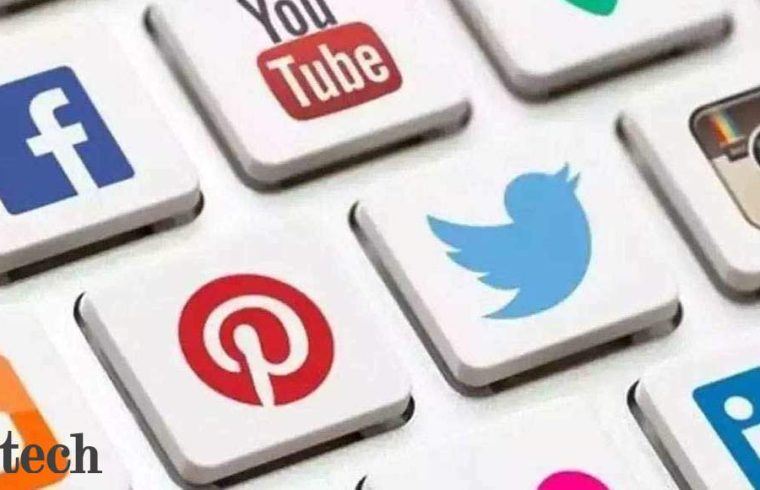
‘Any society,’ said Benjamin Franklin, ‘that gives up a little liberty to gain a little security deserves neither, and will end up losing both.’ This could apply to social media channels who never fail to remind us that they protect us from hackers and malicious content.
Recent initiatives, such as WhatsApp’s move to limit the number of forwards, Facebook’s implementation of its ‘Dangerous Individuals and Organisations’ policy, and its own epic account of the struggle against fake news, demonstrate earnest intent to protect users. However, this also masks the endless procession of violations that capitalise on an unsuspecting public’s limited awareness and lack of recourse due to an insufficient legal framework.
GoI’s recent move to bring ‘films and audio-visual programmes made available by online content providers’ and ‘news and current affairs content on online platforms’ under the information and broadcasting ministry is a better response than inaction. But this is supervision by association. Only if Facebook edits content, will it be considered a digital content developer that can be held culpable.
The banking sector is no stranger to this. Since the global financial crisis, lawmakers have enacted laws and statutes to ensure that banks maintain adequate capital ratios, resist the urge to create exotic loan instruments, and avoid deceptive selling practices. But they have also ensured that a bank’s self-regulating apparatus works in conjunction with government watchdogs, because violations are often the result of revenue pressures.
What is good for financial institutions is good for social media companies. Like other intermediaries, they control data flows between originators and consumers. Where traditional media is forced to operate with liability and responsibility, social media is not held to the same standards. And when one channel, or a single confluence of channels, controls content integrity and information dissemination — media singularity — a laissez-faire approach may not work.
Two years after launching a Free Facebook programme in the Philippines, Facebook became the country’s near-exclusive gateway (98% of internet users), amplifying President Rodrigo Duterte’s campaign message through its News Feed algorithm, which resulted in the creation of an authoritarian regime. Perhaps, Facebook, facing existential threats in a number of jurisdictions, has pragmatically decided that alignment with the authorities is the best policy.
This may also be why in the US, it is less opposed to the repeal of Section 230 of the Communications Act of 1934 (Section 9 of the Communications Decency Act/Section 509 of the Telecommunications Act of 1996) — which absolves social media entities of the onus of censorship — than Twitter. Once Facebook is tasked with this responsibility, it need only follow the diktats of government to escape censure.
After playing kingmaker in the Philippines, Facebook ran a test, splitting their newsfeed into two halves — one promoted by friends, the other by all other media publishers in Bolivia, Slovakia, Sri Lanka, Serbia, Guatemala and Cambodia. Almost immediately, traditional media organisations experienced a rapid decline in website traffic, while the volume of fake news stories exploded. Though Facebook backtracked, the experiment demonstrated its extraordinary power, proving that trust in human relationships can undermine investigative journalism, bypass content accuracy and redirect attention to clickbait journalism, designed by third parties, with predictable outcomes.
A single channel can also suppress the voice of those who question how it enforces its own policies. Recently, after a research team found that between 2018 and 2019, more than 68,000 Facebook pages and 357,000 US political ads failed to disclose who was funding them, Facebook blocked a plug-in developed by New York University researchers that enabled users to share which political ads viewers were seeing on the site.
Finally, what is more concerning than the proliferation of hate speech is that a single platform can become the only vehicle for news dissemination. In the Biden administration, Facebook will probably be expected to play the role of editor and censor, thereby becoming a public utility. For India, nowhere in the world are foreign firms left to their own devices to function as public utilities, because they could constitute a security threat.
A robust and enforceable regulatory framework is necessary if information is not to be selectively judged, filtered and suppressed at the whim of a government, or other entity. It will enable legal challenges to protocol violations and empower the voice of dissent.
But given India’s low position on the global press freedom index (142nd out of 180 countries), there is a trade-off between preserving order and empowering citizenry. Whether the current decision to directly regulate over-the-top (OTT) content providers results in effective governance without bias remains to be seen.
Tankha is former head, Citi Merchant Services, US, and Banerjee is professor, mobile and interactive marketing, Michigan Institute for Data Sciences (MIDAS), University of Michigan, US







